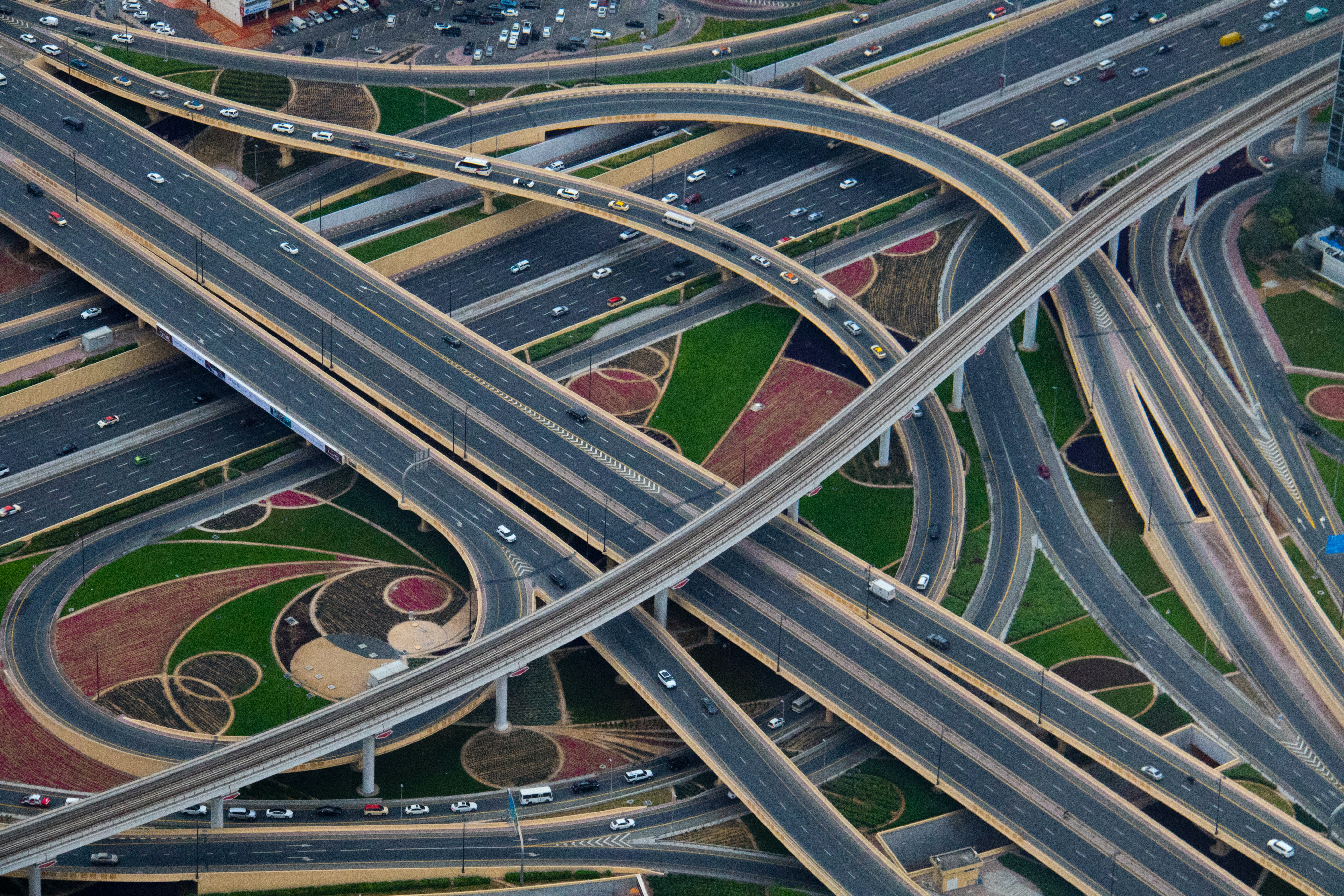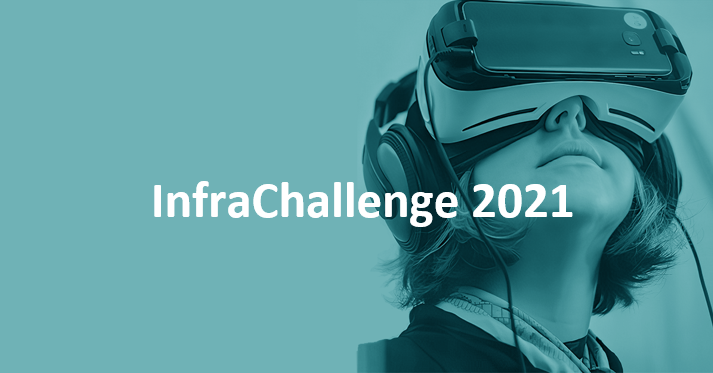936 results found
Featured results



More results
The Global Infrastructure Hub (GI Hub) strives to be an organisation where the different backgrounds and perspectives of our people contribute to diversity of thought and approach, enabling us to better live our values and achieve our mission. This diversity includes gender diversity with an awareness of our particular ability to bring attention to the need for gender equality and inclusion in infrastructure.
Policy and regulatory implications of recent advances in the benchmarking of infrastructure investments.
As stimulus spending ramps up, a ten-year trend study shows private investment in new infrastructure has declined since 2010.
A recent webinar co-hosted by Jacobs and the Global Infrastructure Hub focused on turning inclusivity frameworks into practical results in infrastructure planning and delivery.
A recent webinar co-hosted by Jacobs and the Global Infrastructure Hub focused on turning inclusivity frameworks into practical results in infrastructure planning and delivery.
Cross-border infrastructure is essential for connectivity. The GI Hub has created a reference guide that presents key learnings and global practices for successful cross-border projects, drawing from a comprehensive literature review, analysis of case studies and the input of international experts in cross-border projects.
The future of infrastructure mega-projects was explored recently by an international panel of experts in a webinar co-hosted by the Columbia University School of Professional Studies and Global Infrastructure Hub. The event took place as the global community begins looking towards a period of post-pandemic recovery and what the future of infrastructure may look like.
InfraChallenge is looking for practical and scalable tech-based ideas for building and maintaining better, more resilient infrastructure.
How can hospital PPPs learn from the past to adapt for a post-COVID world?
Based on the study of abroad experiences in the implementation of these type of contracts, an analysis of the current conditions and capabilities of UAE was conducted and it was found that they are similar to the conditions and capabilities of those countries
Safety and sustainability of existing bridges require rational bridge management systems to recommend Maintenance, Repair and Replacement (MR&R) actions.
The UAE committed to the "Zero Carbon Buildings for All Initiative" at the United Nations General Assembly in New York in September 2019.
In the UAE, the complexity of the roads network requires close monitoring and high periodic maintenance activities to prevent the occurrence of sudden failures and to sustain the high quality of road infrastructure.
The UAE did not have federal guidelines for sustainability of road infrastructure; the initiative was started to ensure positive impact on the environment, the national economy, and society from these guidelines.
The UAE?s Federal roads network contains a diverse variety and large quantity of assets. Based on this, the MoEI has detected the need of a comprehensive system to manage and operate the maintenance activities with the highest efficiency.
UAE Ministry of Energy and Infrastructure in collaboration with the University of Sharjah, intended to develop new asphalt binder specifications for the UAE to help mitigate the environmental impacts of climate change by building a climate model and running different Intergovernmental Panel on Climate Change (IPCC) scenarios.
This map summarizes information on the connectivity of 67 important South Asian cities concerning infrastructure networks.

The ITF Transport Outlook provides an overview of recent trends and near-term prospects for the transport sector at a global level as well as long-term prospects for transport demand to 2050.

Can the needs of rapid urbanisation open the door to innovative emerging technologies?




 Infrastructure Monitor
Infrastructure Monitor








